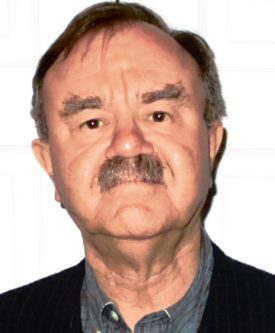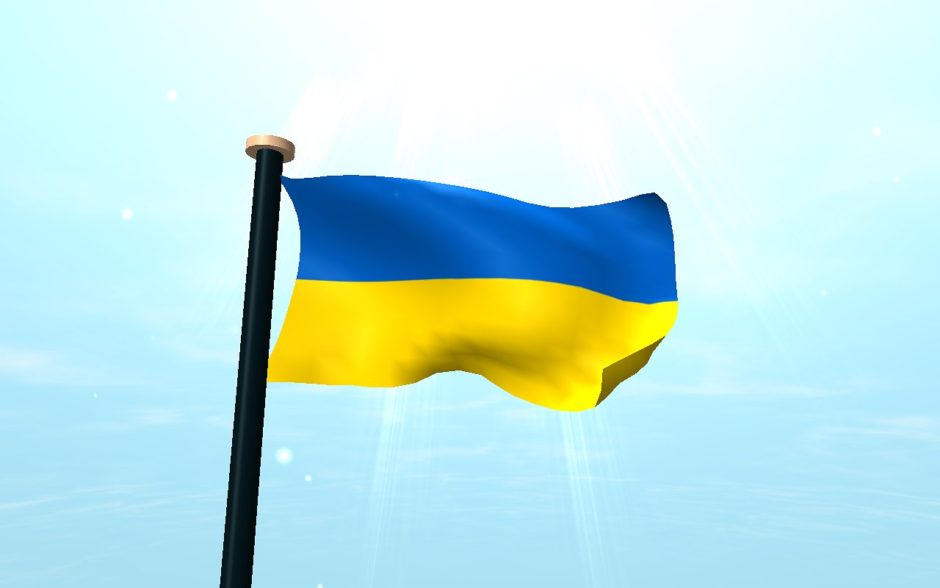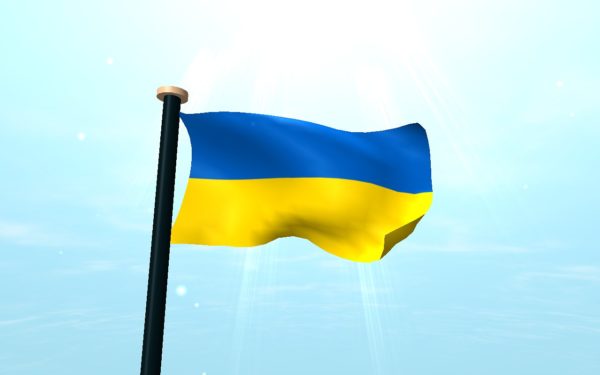
The tortured history of Jewish-Ukrainian relations has again come to the fore.
On May 25, Ukraine observed a minute of silence in memory of Symon Petliura, a nationalist leader blamed for the murder of some 50,000 Ukrainian Jews during the chaos of World War I and the Russian Revolution.
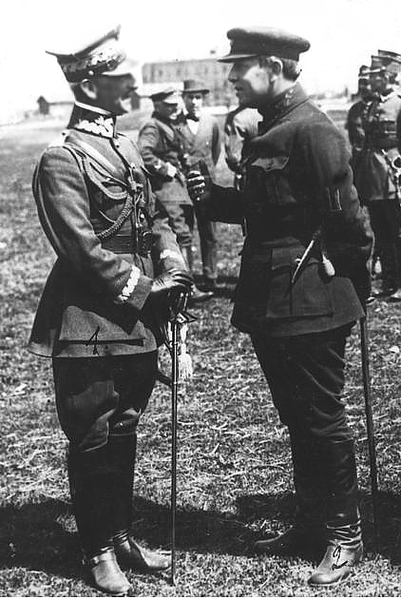
The commemorative event marked the 90th anniversary of Petliura’s assassination in Paris.
A French court acquitted Sholom Schwartzbard — a Ukrainian-born Jew who had fought for France during the war — of the 1926 murder even though he admitted to it.
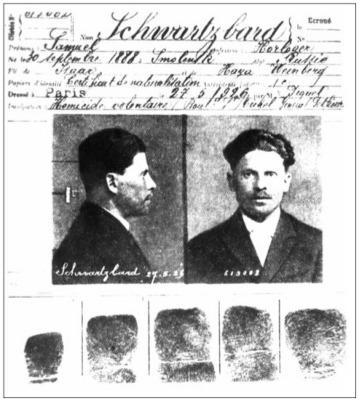
“I have killed a great assassin,” Schwartzbard told police during his arrest. The court found that Petliura had been involved in or knew of pogroms by members of his militia fighting for Ukrainian independence from Russia.
Pogroms against Jews occurred in 524 towns in Ukraine during the years 1917-1921, with the majority perpetrated by Putliura’s Ukrainian People’s Republic forces. Fifteen of Schwartzbard’s relatives perished in the killings.
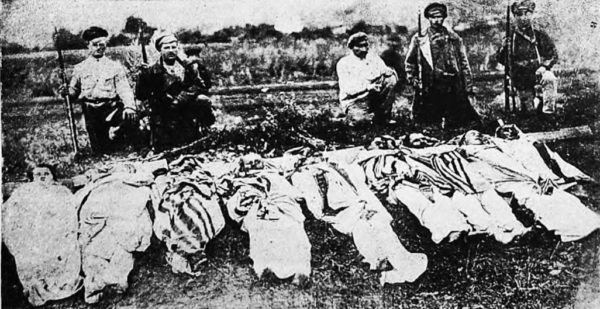
Separately, the director of Ukraine’s Institute of National Remembrance, Vladimir Vyatrovich, said in a statement on May 31 that Kiev will soon name a street for two other Ukrainian nationalists, Stepan Bandera, who was himself assassinated by the KGB in Munich in 1959, and Roman Shukhevych.
They were responsible for violence against Jews and others in Nazi-occupied Ukraine during World War II.
Bandera was a fascist and the two groups he led — the Organization of Ukrainian Nationalists (OUN) and the Ukrainian Insurgent Army (UPA) — engaged in atrocities against Jews as well as Poles, Russians and other Ukrainians in Nazi-occupied Ukraine during World War II. Shukhevych was a UPA general.
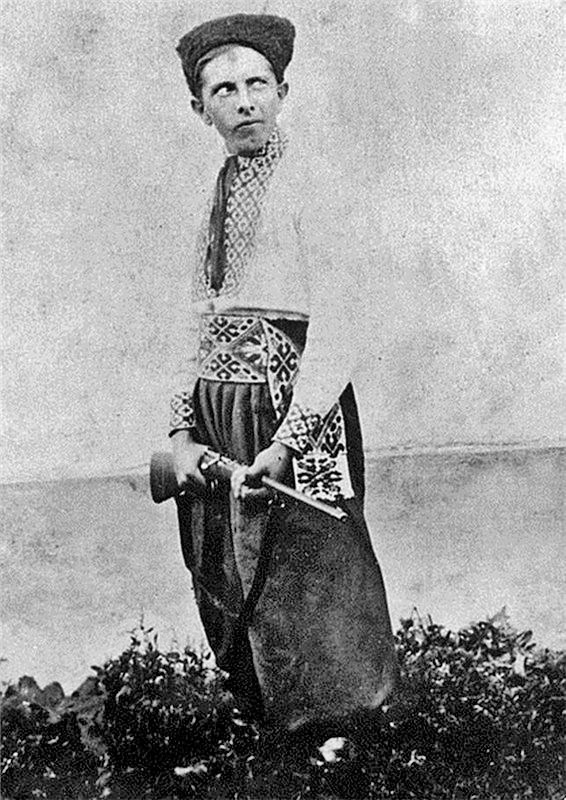
Before the Nazi invasion in June 1941, Ukraine had a Jewish population of 2.3 million. Altogether, over 900,000 of them died between 1941 and 1944.
Reasons for collaboration included Ukrainian political aspirations for regaining independence, resurgent nationalism, and deep-seated antisemitism, as well as widespread anger and resentment against Soviet Russian rule.
Eduard Dolinsky, director of the Ukrainian Jewish Committee, has condemned the plan to name streets for Bandera and Shukhevych.
“My countrymen should know that Bandera and Shukhevych considered me and all of the Ukrainian Jews — children, women, the elderly — enemies of Ukrainians,” he wrote on his Facebook page.
Once regarded by Ukrainian authorities as illegitimate to serve as national role models because of their war crimes, Bandera, Petliura and Shukhevych are now openly honored in Ukraine.
Jews have voiced their concern about the influence of ultra-rightist groups in Ukraine, including the Svoboda (Freedom) Party led by Oleh Tyahnybok.
Tyahnybok co-signed an open letter to Ukraine’s President Viktor Yushchenko in 2005 calling for a government investigation into “criminal activities of organized Jewry in Ukraine.”
In a 2011 march organized by Svoboda to celebrate the Waffen-SS Galicia Division, organized during World War II, participants shouted “one race, one nation, one Fatherland.” In May 2013, the World Jewish Congress described Svoboda as neo-Nazi.
However, western powers continue to turn a blind eye to creeping fascism in Ukraine. A United States-Ukrainian Security Dialogue held in Washington in late February, for instance, featured Andriy Parubiy, now the speaker of Ukraine’s parliament. He has many friends in Washington, including U.S. Senator John McCain.
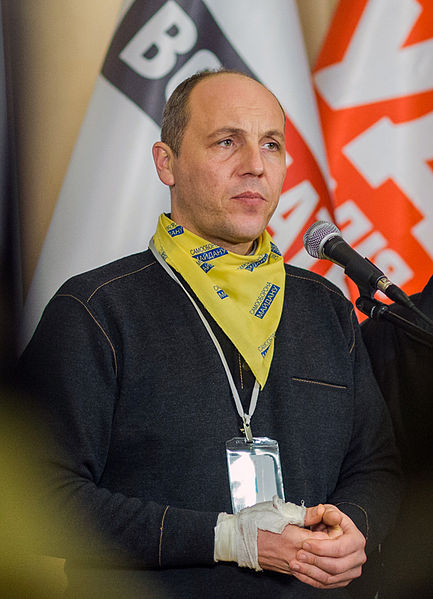
Those in attendance were not told of Parubiy’s role in co-founding Svoboda and his ties to extremist right-wing groups like the paramilitary Azov Battalion, now part of the country’s National Guard.
Parubiy also visited Ottawa and met with Prime Minister Justin Trudeau. Canadian soldiers are training Ukrainian troops in western Ukraine, and the two countries are finalizing a Canada-Ukraine trade deal.
Today’s North American politicians know very little about the crimes committed during the two world wars by those Ukrainians whom people like Parubiy admire.
Henry Srebrnik is a professor of political science at the University of Prince Edward Island.
